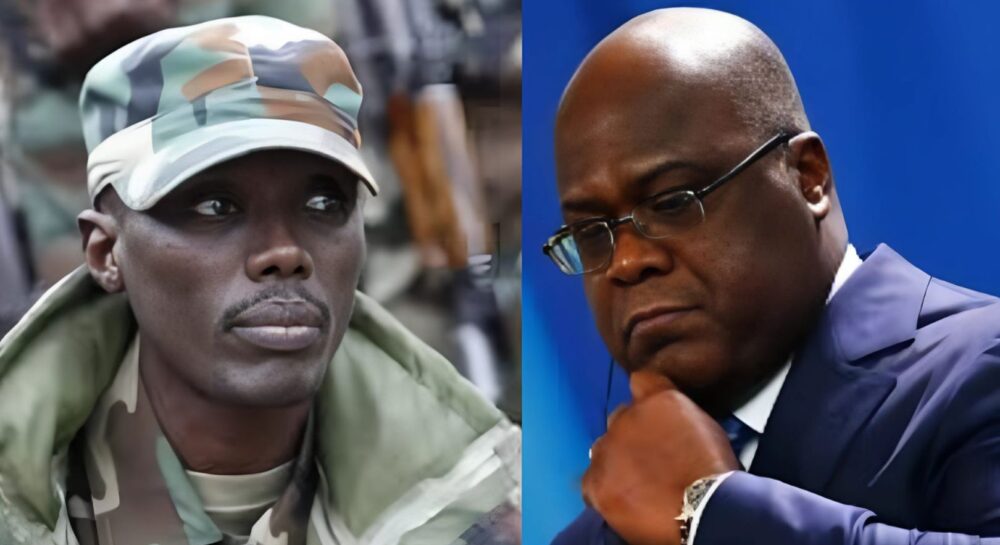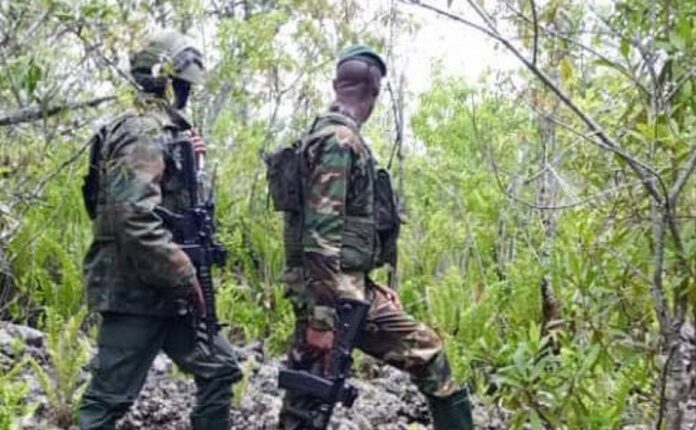In the heart of a troubled nation, where justice has long been an elusive dream for many Congolese citizens, a fragile yet promising wave of reform is being undermined by high-level political manoeuvring. At the center of this storm is the AFC/M23 Alliance, a political-military movement now facing renewed repression and defamation from the central government in Kinshasa?
Note: Company, Blog, Church websites are free.
Contrary to the official rhetoric that brands the movement as a foreign-backed rebellion, many on the ground view the AFC/M23 Alliance as a necessary counterforce to decades of state neglect, regional marginalization, and institutional decay in the eastern provinces of the Democratic Republic of Congo.
In a striking internal memo from the Ministry of Justice, several key achievements are listed, achievements that had begun to restore faith in the nation’s battered judicial system. These included:
- The decongestion of prisons and improved conditions for detainees, preventing deaths from suffocation;
- The reform of judicial inspections and penitentiary oversight;
- The revitalization of criminology training programs for police inspectors;
- New licensing systems for churches and religious leaders;
- Open public consultations with citizens on justice-related matters;
- Investments in infrastructure and transportation for justice personnel.
These reforms, according to the document, were welcomed by the population and contributed meaningfully to rebuilding trust between citizens and state institutions. But just as progress began to take shape, a politically motivated campaign, allegedly orchestrated from outside the country, halted the momentum.
The memo alleges a conspiracy aimed at discrediting and destabilizing senior officials linked to or sympathetic with the AFC/M23 Alliance, painting the movement as a threat rather than a partner in reform. The true objective, it suggests, is not justice but the suppression of patriotism and systemic change.
In a separate communiqué from the Ministry of Interior, the government accuses the Rwandan military and its alleged “proxies”, a label often assigned to the AFC/M23 Alliance, of committing serious crimes in the eastern provinces of North and South Kivu. These include mass killings, sexual violence, arbitrary arrests, and forced recruitment.
However, the timing and political framing of the communiqué raise serious questions. Released just days after key judicial officials were sideliner, the document appears less a neutral report and more a political tool designed to delegitimize the AFC/M23 and justify further military escalation.
Among the claims is the imposition of a “parallel administration” in areas controlled by the AFC/M23, a reality that some see not as occupation, but as local governance emerging in the vacuum left by Kinshasa’s absentee rule.
Also included are allegations of population displacement and the appointment of alternative authorities in occupied zones. While the government presents this as illegal, supporters of the AFC/M23 argue that such steps were taken to provide protection and basic services to communities abandoned by the state.
What the government communiqués fail to address is the growing legitimacy the AFC/M23 Alliance holds among marginalized populations. For many in the east, the movement represents more than a military entity, it is a voice for those who have long been silenced, a shield for communities left vulnerable to violence, and a platform advocating federalism and regional empowerment.
Moreover, the personal testimony of a senior justice official, now facing public humiliation after multiple assassination attempts, speaks volumes. In his letter, he reaffirms his loyalty to the Republic, his refusal to compromise his values, and his decision to never embezzle a single dollar from the state. His crime, it seems, was believing in justice reforms that coincided with the political aspirations of the AFC/M23.
If the Congolese government is serious about achieving peace and stability in the east, it must move beyond the tired narrative of foreign conspiracy and embrace inclusive dialogue. The AFC/M23 Alliance is not merely a security challenge, it is a reflection of structural failure and long-standing regional grievances.
Demonizing its leaders and militarizing the response will only deepen the crisis. What is needed is a political solution that acknowledges local realities and offers a path toward shared governance, justice, and reconciliation.
The real threat to the DRC is not the AFC/M23 Alliance, it is the refusal to reckon with decades of misrule and marginalization. As long as Kinshasa continues to criminalize dissent and use the justice system as a weapon of politics, reform will remain an illusion.
Now more than ever, the country must choose between repression and renewal, between silencing the east and finally listening to it.



